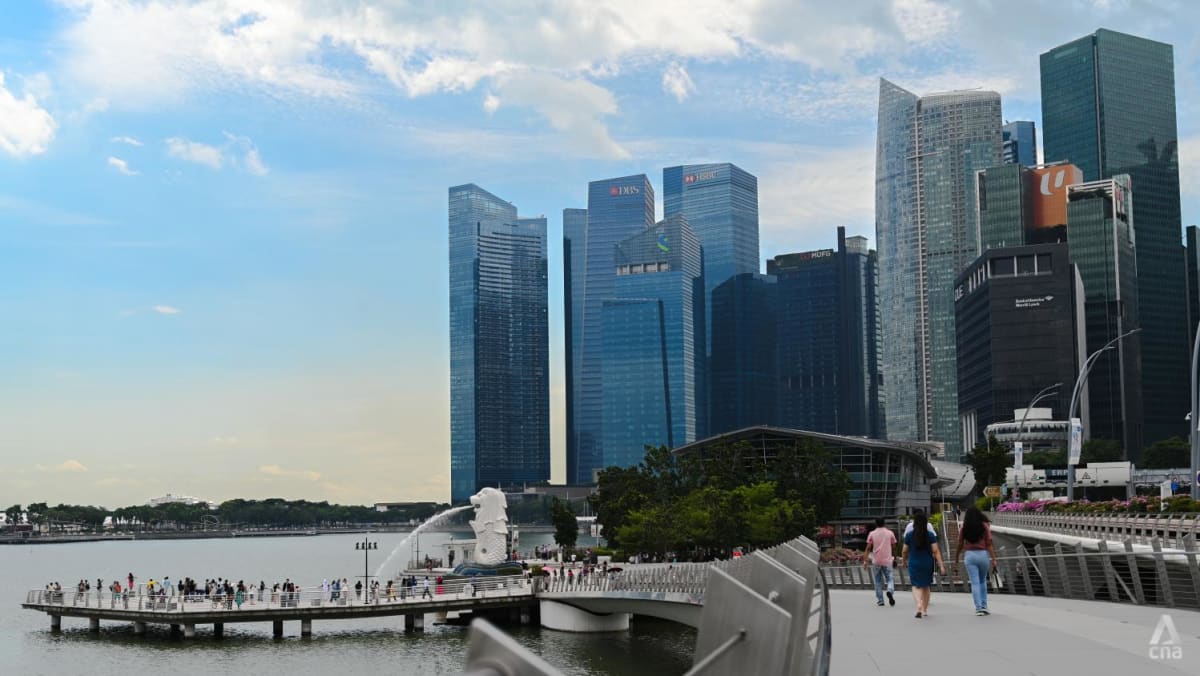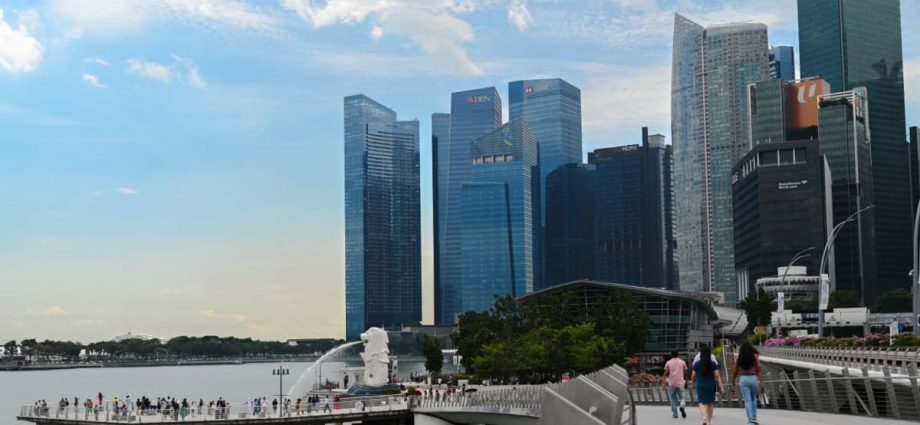
SINGAPORE: Singapore’s core inflation remained unchanged at 5.1 per cent year-on-year in December, official data showed on Wednesday (Jan 25).
Smaller price increases for retail and other goods, as well as electricity and gas, were offset by higher inflation for food and services, said the Monetary Authority of Singapore (MAS) and the Ministry of Trade and Information (MTI).
Core inflation excludes accommodation and private transport costs.
For the whole of 2022, core inflation averaged 4.1 per cent, higher than the figure of 0.9 per cent in 2021.
The headline consumer price index, or overall inflation, was 6.5 per cent in December, lower than the 6.7 per cent in November, mainly due to slower private transportation inflation. For 2022, overall inflation came in at 6.1 per cent, up from 2.3 per cent the previous year.
OUTLOOK
Authorities said core inflation is projected to stay elevated in the first half of this year before slowing more discernibly in the second half, as the current tightness in the domestic labour market eases and global inflation moderates.
MAS and MTI noted that supply chain frictions have continued to ease, and prices of energy and food commodities had come off the peaks earlier in 2022 although they remain elevated.
Additionally, labour markets in major advanced economies are still tight, keeping wage pressures strong.
“Overall, as accumulated costs pass through global value chains, Singapore’s imported inflation is expected to remain firm for some time,” said MAS and MTI.
On the domestic front, although electricity tariffs have come down from their peak in the third quarter of 2022, the cost of utilities is likely to remain elevated.
“As such, businesses are expected to continue to pass through accumulated import, labour and other costs to consumer prices amid resilient demand,” said MAS and MTI.
Meanwhile, car and accommodation cost increases are likely to stay firm in the quarters ahead on the back of tight Certificate of Entitlement quotas for cars and strong demand for rental housing.
In 2023, taking into account all factors including the GST increase, headline inflation is projected to average 5.5 per cent to 6.5 per cent, while core inflation is forecast to come in at 3.5 per cent to 4.5 per cent.
Excluding the transitory effects of the GST hike, headline inflation is projected to hit between 4.5 per cent and 5.5 per cent, while the figures for core inflation are expected to range from 2.5 per cent to 3.5 per cent.
“There are upside risks to the inflation outlook, including from fresh shocks to global commodity prices and more persistent-than-expected external and domestic sources of inflation,” said MAS and MTI.

